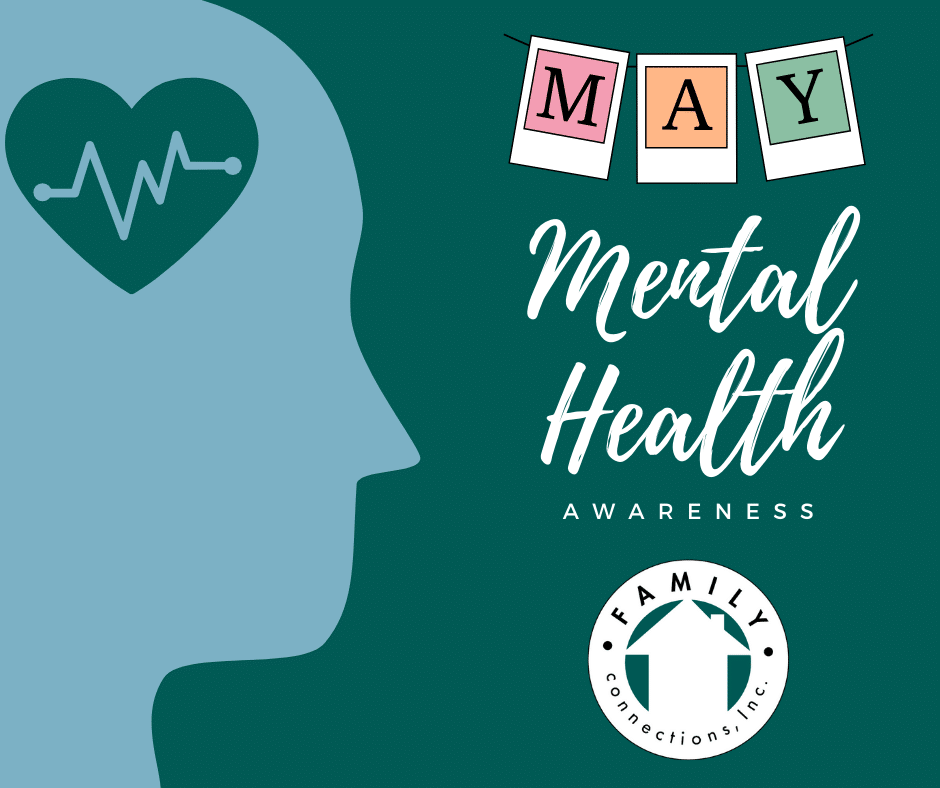May is recognized as Mental Health Awareness Month, a month dedicated
to raising awareness and understanding about mental health and well-
being. As we look ahead to May 2024, let’s take a moment to reflect on the
significance of this month and how we can continue to support mental
health awareness.
Mental Health Awareness Month, also known as Mental Health Month, was
first observed in the United States in 1949 by the Mental Health America
organization. Since then, it has been recognized annually in May to
highlight the importance of mental health and break the stigma surrounding
mental illness. The month aims to educate the public about mental health,
provide support and resources for those struggling, and promote overall
mental wellness.
One of the most significant challenges in addressing mental health is the
stigma associated with it. People often feel ashamed or embarrassed to
talk about their mental health, which can prevent them from seeking help.
This is why Mental Health Awareness Month is crucial – it encourages
open and honest conversations about mental health and promotes
understanding and acceptance.
There are many ways to get involved and support Mental Health
Awareness Month in May 2024. You can participate in local events, share
information and resources on social media, or simply have open and
honest conversations with friends and family. Mental Health America also
offers a toolkit on their website with ideas and resources for promoting
mental health awareness in your community.
Mental Health Awareness Month is a crucial time to focus on mental health
and well-being. It is a reminder to prioritize self-care and to support those
struggling with mental illness. Let’s continue to break the stigma and
promote understanding and acceptance of mental health. Together, we can
create a world where mental health is a priority, and those who are
struggling feel supported and empowered.
At Family Connections, we provide an array of services designed to help
assess and treat mental health, behavior, and other issues that affect
children, adolescents, adults, couples, and their families.







